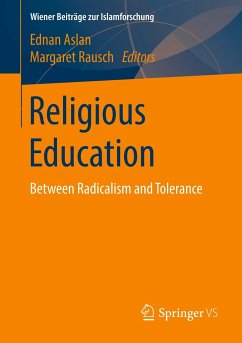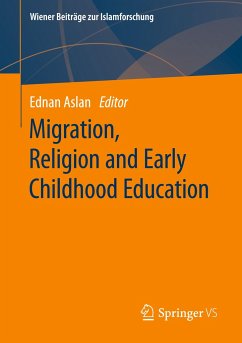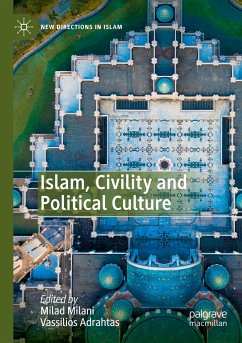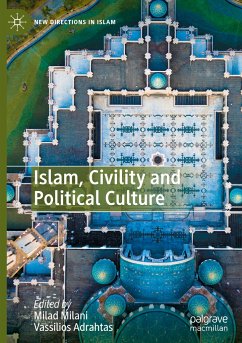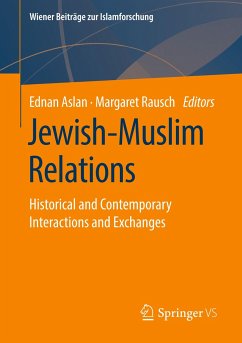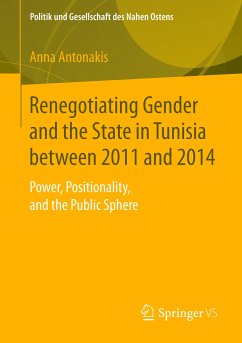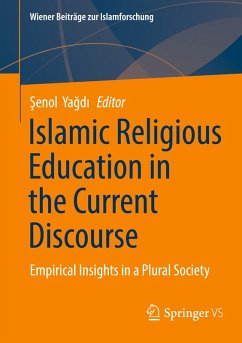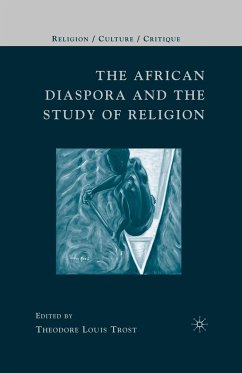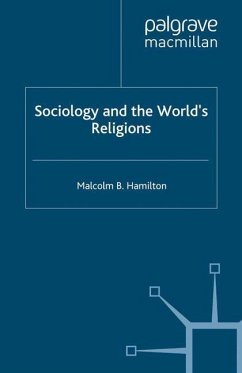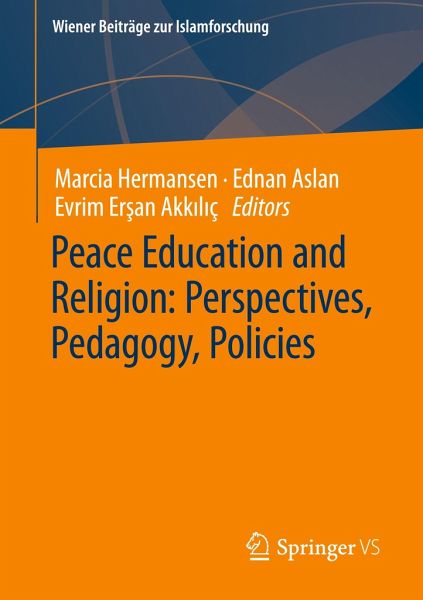
Peace Education and Religion: Perspectives, Pedagogy, Policies

PAYBACK Punkte
0 °P sammeln!
Whether formally incorporated into curriculum and teacher training or informally integrated in contexts such as state or NGO initiatives dealing with resolving social, ethnic, and religious conflicts, peace education is increasingly recognized as a critical component in addressing violence in contemporary plural societies. Peace education can constructively undertake a reframing of historical narratives while inspiring practical community activities. An important, but insufficiently studied and theorized aspect of peace education is the role of religion. The challenge to peace education in tod...
Whether formally incorporated into curriculum and teacher training or informally integrated in contexts such as state or NGO initiatives dealing with resolving social, ethnic, and religious conflicts, peace education is increasingly recognized as a critical component in addressing violence in contemporary plural societies. Peace education can constructively undertake a reframing of historical narratives while inspiring practical community activities. An important, but insufficiently studied and theorized aspect of peace education is the role of religion. The challenge to peace education in today's globalized, diverse, mobile, and religiously pluralistic world is to be able to take both complex global and distinctive local situations into account.
The contributions to this integrative collection of essays provide exactly these local and global perspectives on the state of peace education and its relationship to religion across pedagogy and curriculum, state policies, and activism within societies on the front lines of resolving internal conflicts, whether historical or recent, that often reflect aspects of religious identities.
The contributions to this integrative collection of essays provide exactly these local and global perspectives on the state of peace education and its relationship to religion across pedagogy and curriculum, state policies, and activism within societies on the front lines of resolving internal conflicts, whether historical or recent, that often reflect aspects of religious identities.



